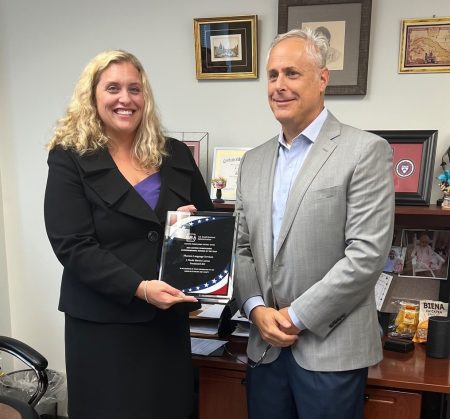When you start working for yourself, you become part of the millions of other business owners who are hoping to make their dreams come true. However, navigating the uncertain aspects of working for yourself can be difficult, especially at the beginning.
Although there are no assurances in business, there are certain tactics that could improve your chances of success, particularly financially. Here are a few errors to avoid as someone who works for themselves.
1. Not assigning or organizing tasks wisely
People who work for themselves often carry out multiple roles in their business at the beginning because of financial restrictions. However, trying to handle everything alone could be a mistake, according to Ronne Brown, owner of Girl CEO and Herlistic in Washington, D.C.
“We need to realize that we can move fast alone, but we can achieve greater things as a team,” she says. For those who believe they can't afford to assign tasks, Brown suggests keeping your expenses low until you can do so.
If you choose to delegate, it's important to invest your money in ways that support the growth of your business. To accomplish this, people should consider focusing on the business operations and systems rather than just the appearance, according to Brown. Effectively doing this often involves prioritizing.
“Initially, people are always focused on appearances. But that's not what truly generates income in business,” she says.
Brown recommends giving priority to bookkeepers and accountants, establishing automations, or hiring someone to generate leads. Also, keep in mind that you can usually deduct the cost of contracted labor from your business taxes.
2. Not setting aside money for retirement
As an entrepreneur, saving for retirement can easily become a low priority. This is a common mistake made by self-employed individuals, according to Preston Cherry, a certified financial planner in Green Bay, Wisconsin. While reinvesting the income you earn into your business can be wise, it may be equally important to build an emergency fund with three to six months' worth of expenses and invest in your retirement savings.
Cherry states that self-employed individuals have multiple retirement savings accounts to choose from, including an IRA or a solo 401(k).
“Not only are you as a business owner saving for your retirement, you are also getting to deduct the contributions [for] tax planning as well,” Cherry says.
Contributions made to traditional solo 401(k)s and traditional SIMPLE IRAs can provide tax advantages like lowering your taxable income and enabling your investments to grow tax-deferred. That means your tax bill is deferred until you withdraw the money in retirement.
SEP IRAs are designed for self-employed individuals or small businesses with few or no employees and have similar characteristics.
3. Spending money on courses you don’t take
As a new entrepreneur, you may want to increase your knowledge to make your business more profitable. This could involve spending money on courses or training, which can sometimes be costly. While investing in yourself can be beneficial, you may not see a return on your investment if you don't take the courses and apply the knowledge.
“Before you invest in any course or class, make sure you are fully committed and dedicated to doing the work. You can’t make excuses when buying something,” Brown advises.
Brown also suggests researching before investing in a course, especially on social media. Look for evidence of the person delivering results, not just good content.
“When I seek mentorship or training, I look at the personal success of the people in the area I want to grow in,” she explains.
4. Not considering health care costs
For self-employed individuals without employer support, health care costs can be a concern. A health savings account can help lighten the financial burden due to its tax benefits.
“Contributions to HSAs are made pretax, interest grows tax-free, and qualified withdrawals are tax-free,” Cherry explains.
In 2024, single individuals can contribute up to $4,150, while families can contribute up to $8,300 to an HSA.
To open an HSA as a self-employed person, you need a high-deductible health care plan. Another option for affordable health care is the self-employed health insurance deduction if you qualify.
5. Not having a clear ‘why’
Entrepreneurship can be a way to earn extra money or realize your dreams, but it can also drain your finances. It’s crucial to have a clear reason for pursuing it, Cherry emphasizes. A clear purpose can guide you through challenges and help you decide when to persevere and when to stop.
“Entrepreneurship is not for everyone. It’s not meant to be the only path to wealth.”
This article was originally published by The Associated Press and written by NerdWallet.
More From NerdWallet
The article 5 Financial Mistakes to Avoid When You Are Self-Employed originally appeared on NerdWallet.









